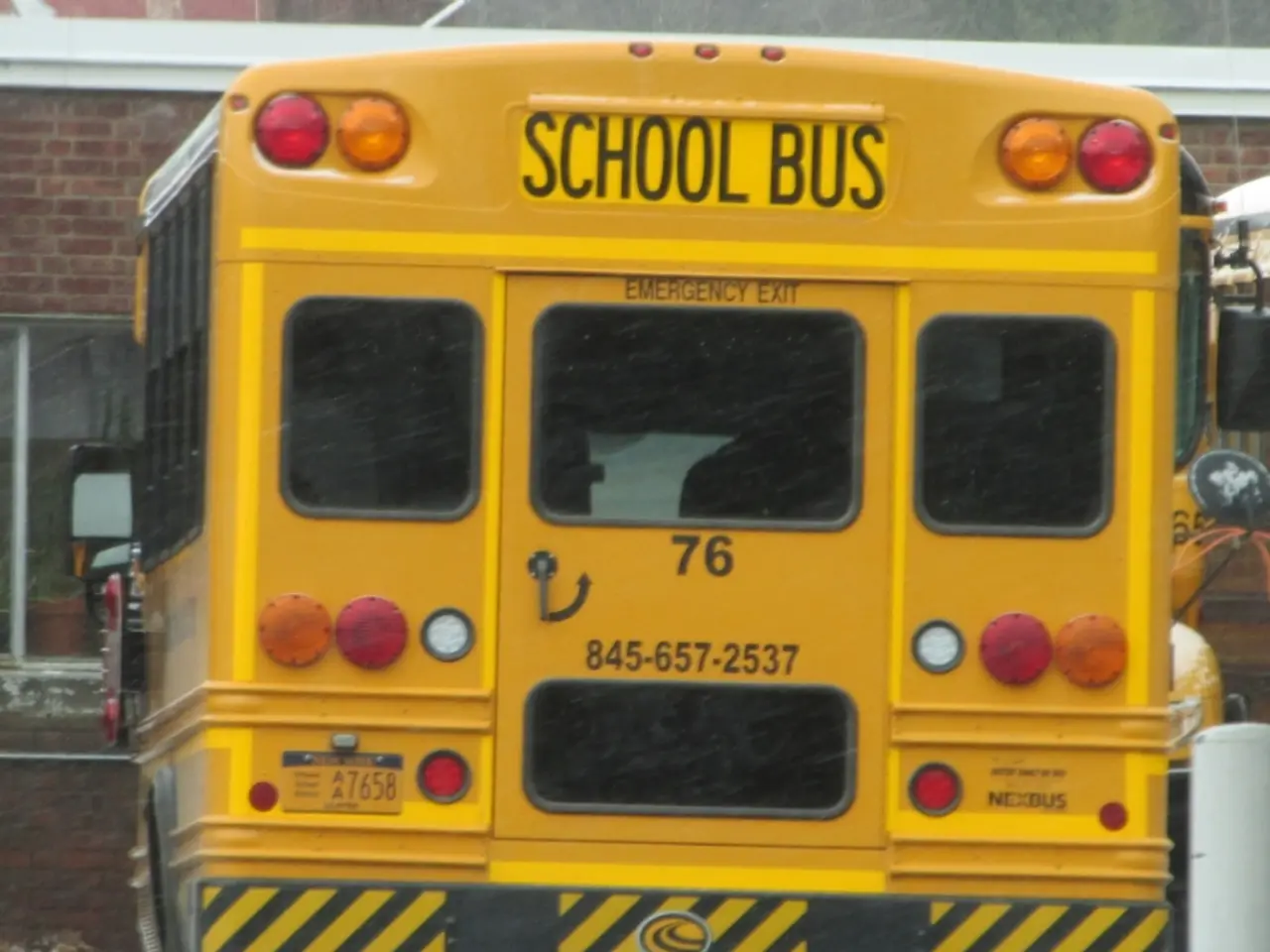Turkish education union advocates comprehensive overhaul of the secondary school structure
In a significant development, a major study involving over 36,000 participants from across Turkey has revealed widespread support for reforming the country's mandatory education system. The current system, known as "4+4+4," which divides schooling into three four-year segments, has been met with widespread dissatisfaction, particularly with the last four years of high school.
The study, which involved teachers, school administrators, students, and parents from all 81 Turkish provinces, found that over 93% of surveyed educators believe the current high school structure needs major changes. The dissatisfaction stems from concerns over the length and quality of the final phase of compulsory education, signalling that it may not adequately meet educational or developmental needs.
As a result, proposed alternatives focus on shortening and restructuring the high school period. The "2+2" model, which consists of two years of mandatory high school followed by two years of optional education, has emerged as a preferred alternative. This reflects a broader appetite for restructuring to make the system more efficient and responsive to students' and educators' expectations.
The "2+2" model aims to address the perceived inefficiencies in the current high school structure. Teachers and administrators report that students receive insufficient vocational guidance during their mandatory education years, and there is a strong support for more flexible, individualized, and modular secondary education structures. The study revealed an urgent need to restructure the final four years of the current education system, specifically the high school portion, to better align with students' educational and vocational pathways.
The study also highlighted concerns that the lengthy mandatory education period delays students' entry into the workforce. Over 68.9% of parents express concern about this issue, while 83.7% of teachers and 90.2% of administrators share the same view.
In summary, the reform push reflects a significant consensus among Turkey’s education community and families about needing to rethink how the high school years are delivered within the broader mandatory education system. The "2+2" model, which has received the highest support, is set to be a key part of the proposed changes. The exact details of the alternative models are yet to be determined, but the emphasis is clearly on reducing and reevaluating the final compulsory schooling segment to address perceived inefficiencies and dissatisfaction.
[1] Source: Comprehensive study on the Turkish education system, conducted by Memur-Sen and Egitim-Bir-Sen education unions.
- The study, conducted by Memur-Sen and Egitim-Bir-Sen education unions, reveals that the majority of educators in Ankara, Turkiye, support reforming the 4+4 education system, particularly the final four years of high school, due to concerns over its length and quality.
- Proposed alternatives for the high school structure in Turkiye, such as the "2+2" model, aim to address the perceived inadequacies in the current system, particularly in providing vocational guidance and individualized education, according to teachers, administrators, and parents from all provinces.
- Amid a desire for educational reform, the "2+2" model, which includes two years of mandatory high school followed by two years of optional education, has emerged as a preferred alternative in Turkey's education-and-self-development discourse, with a focus on personal-growth, learning, and aligning education with students' vocational pathways.




